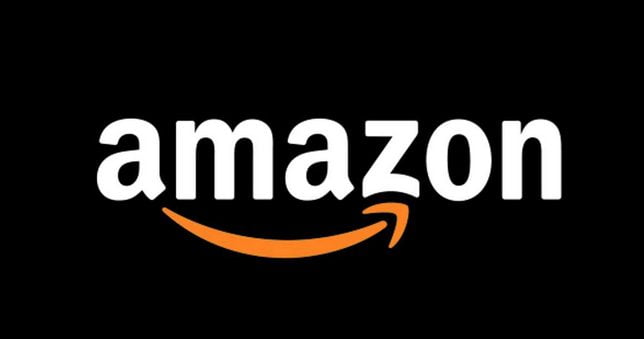
Amazon Satellite Internet to Launch into Orbit via SpaceX’s Rivals

Amazon on Tuesday announced a commercial launch deal — the largest in history — to deploy the majority of the low Earth orbit (LEO) satellites for its “Project Kuiper” satellite broadband service into orbit (via ArsTechnica).
The deal covers 83 rocket launches over the next five years from the three largest commercial launch providers in the West, except SpaceX, which directly competes with Amazon in satellite internet with Starlink.
Here’s a breakdown of the launch agreements Amazon announced:
- Arianespace: 18 launches of Europe’s new Ariane 6 rocket
- Blue Origin: 12 launches of the company’s New Glenn rocket, with options for 15 additional launches
- United Launch Alliance: 38 launches of the company’s Vulcan rocket
Additionally, Amazon previously announced its acquisition of United Launch Alliance’s final nine Atlas V rocket launches before that vehicle is retired.
With the deal finalized, Amazon has essentially snatched up any medium- and heavy-lift launch capacity over the next five years that wasn’t already spoken for. The launches will flesh out the company’s planned constellation of 3,236 satellites for Project Kuiper.
“We still have lots of work ahead, but the team has continued to hit milestone after milestone across every aspect of our satellite system,” Dave Limp, Amazon’s Senior Vice President for Devices & Services, said in a news release.
“These launch agreements reflect our incredible commitment and belief in Project Kuiper, and we’re proud to be working with such an impressive lineup of partners to deliver on our mission.”
Amazon is about four years behind SpaceX in deploying its satellite constellation. SpaceX currently has well over 1,500 Starlink satellites in orbit, and the service has surpassed 250,000 user terminals across the globe as of February.
What’s more, all three of the launch providers Amazon has contracted — including Blue Origin, which is owned by Amazon founder Jeff Bezos — lag behind SpaceX in rocket technology.
Both the Ariane 6 and Vulcan rockets are likely about 12 months from making their debut flights, while Blue Origin’s New Glenn is probably at least two years from its first flight.
SpaceX, on the other hand, has its own reusable rocket, the Falcon 9. At this time, no one in the space industry can compete with SpaceX on price or launch frequency. SpaceX CEO Elon Musk has said the company is targeting a whopping 60 Falcon 9 launches this year, and it expects to have over 4,200 Starlink satellites in operation within 18 months.
Amazon’s commercial launch contracts for its Project Kuiper satellites are worth an estimated $10 billion at least. The company plans to launch two prototype satellites in the fourth quarter of 2022.
Amazon has not said when the deployment of its operational constellation will begin, but a spokesperson for the company said that a timeline will be shared after the demonstration mission later this year.

